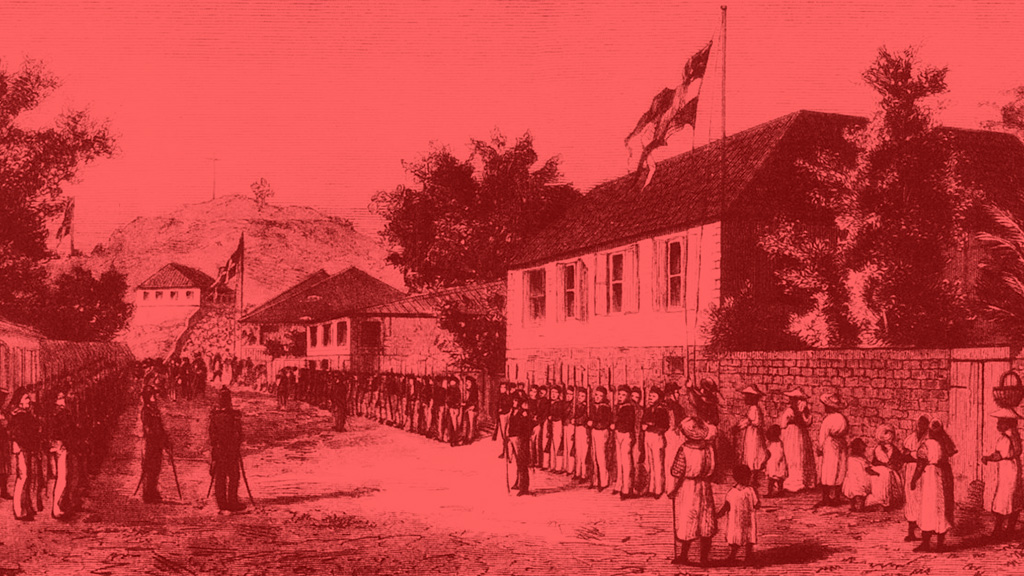
And Atlantic studies, Slave Trade, Slave Law, Abolition of Slavery, Caribbean social history, Digital Humanities, Digitization, Metadata
Docent Fredrik Thomasson, Uppsala University
Contact: fredrik.thomasson@hist.uu.se
Sweden’s possession of the Caribbean island of Saint Barthélemy is inadequately investigated. The Swedish Caribbean Colonialism 1784–1878 project (SweCarCol) integrates, orders and opens up important dispersed archives for research by publishing them on the Internet in cooperation with Uppsala University Library. It builds on the successful digitization project (2011–2016) of the unclassified and closed for research Swedish governmental archive in the French Colonial Archives. SweCarCol orders these for Swedish colonial history indispensible records together with Saint Barthélemy holdings in Sweden and creates a database-driven integrated and reclassified Caribbean archive. This virtual archive is ordered with new criteria based in historical theory and Digital Humanities. It will open up for research into previously overlooked areas such as gender and the social history of the enslaved and free black majority population. In addition to the archival integration the three project members will create new historical data in the fields of demography, slave trade and commerce, and slave law and justice. Research into Sweden’s colonial past and its participation in slavery and the slave trade is becoming increasingly topical and CARICOM composed of fifteen states has included Sweden in its claims for reparations for “genocide, slavery, slave trading, and racial apartheid”. SweCarCol makes new investigations into this overlooked period possible.


